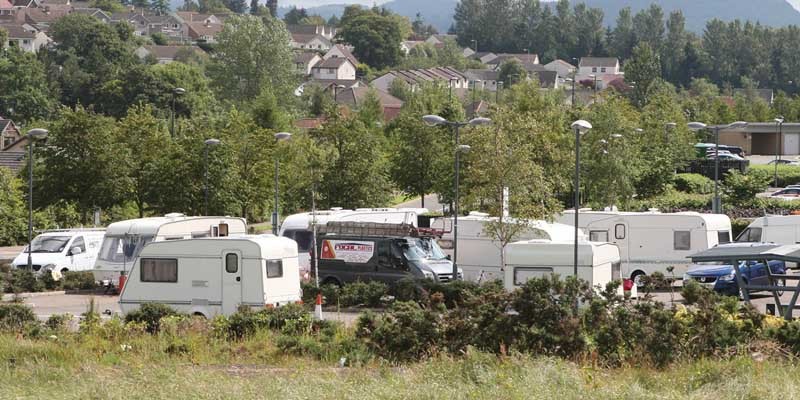More than a quarter of Scots still believe prejudice can be justified, a survey has revealed.
The Scottish Social Attitudes Survey 2010 found that 28% of Scottish people believe there is sometimes good reason to be prejudiced.
The survey also showed that, while Scots are becoming generally more tolerant of homosexuality and same-sex relationships, discriminatory attitudes towards travellers and transgender people remain common.
For example, 55% of people said they would be unhappy with someone who cross-dresses in public forming a relationship with a close family member, while 37% said the same of a gypsy or member of the travelling community.
However, attitudes towards homosexuality have relaxed.
In 2000, 48% of people though same-sex relationships were also wrong, while just 29% thought there was nothing wrong in them.
By last year only 27% of people believed them to be entirely wrong, while the proportion of people who have no problem with same-sex relationships had increased to 50%.
Some 61% said gay people should be able to marry if they want to.’No place’ for prejudiceThe survey also looked at attitudes towards age, gender, race and jobs.
Although the majority of respondents believe compulsory retirement is wrong, 39% said that someone over the age of 70 was no longer suitable to be a primary school teacher.
One in 10 Scots would still be unhappy about someone who was black or Asian joining their family circle.
The survey also found there has been a small increase in the proportion of Scots who believe people from ethnic minority groups or eastern Europe take jobs away from other people in Scotland.
The report found that the elderly and people from poorer backgrounds are those most likely to hold discriminatory attitudes, while those that know someone who is gay, from an ethnic background or had a learning disability are less likely to be prejudiced.
Public health minister Michael Matheson said, “There is no place in 21st-century Scotland for prejudice or discrimination of any kind.
“While this report shows that Scots are increasingly accepting of diversity, there are still groups in society who experience discrimination and intolerance.”
